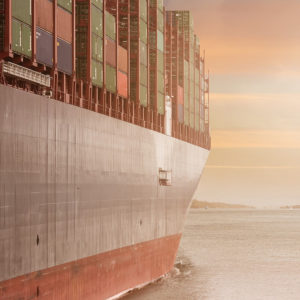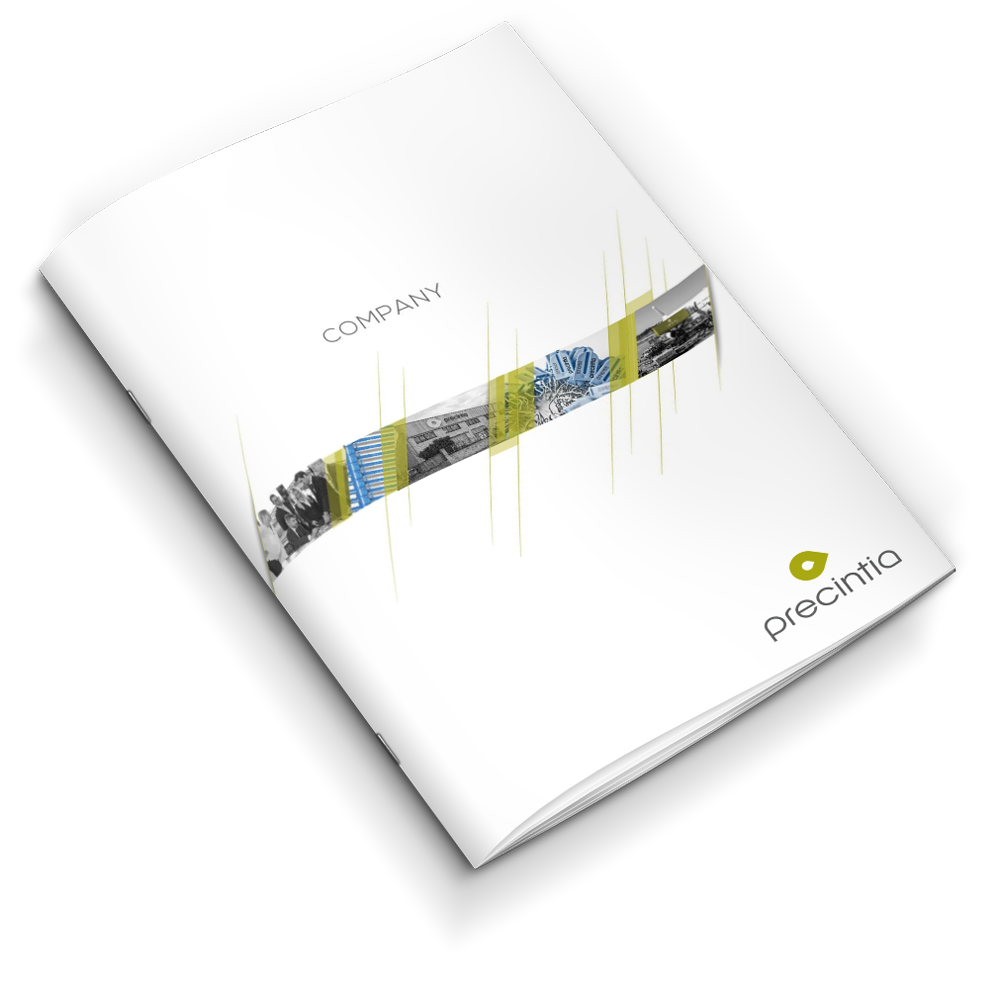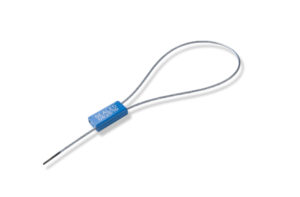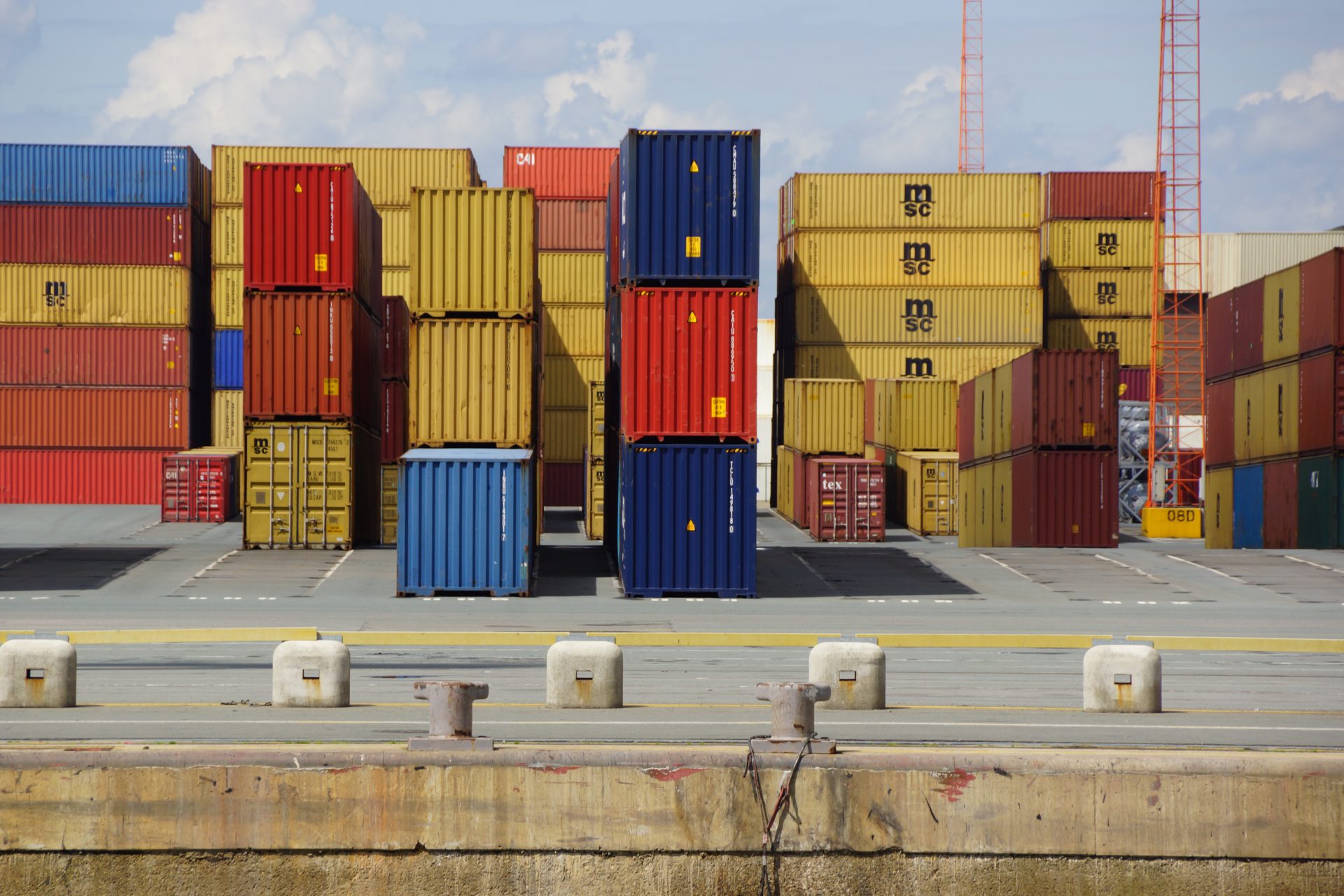This website uses cookies so that we can provide you with the best user experience possible. Cookie information is stored in your browser and performs functions such as recognising you when you return to our website and helping our team to understand which sections of the website you find most interesting and useful.
Blog
Security seals for trucks: everything you need to know
One of the main uses of security seals is for sealing trucks and trailers for the transport of goods either by road alone or for multimodal transport (i.e. in combination with other forms of transport such as air or sea). Security seals for trucks must comply in all cases with the applicable regulations in order to facilitate the transfer of goods in domestic and international territories.
Which security seals for trucks should be used in each case? Let’s take a look at the various situations depending on the type of transport and vehicle.
1. High security seals for international road transport
Trailers involved in international goods transport are subject to strict customs regulations. The type of seal to be used will depend on whether road only or multimodal transport is involved:
1. Container trucks
When trucks are part of a multimodal transport regime, their cargo is standardized in containers to ensure a fast and compatible transfer between different modes of transport. In these cases, the most commonly used seals are high security seals: adjustable cable-type seals or bottle-type barrier seals. These must comply with ISO/PAS 17712 and, for the United States, C-TPAT.
2. Trucks on international routes subject to the TIR Convention
The TIR Convention is an international agreement regulating the transport of goods by road. Trailers affected by the TIR rules must meet all the requirements regarding the sealing of goods. The slightest indication of tampering of these customs seals can result in the truck being searched and not allowed to continue.
In this regard, we highlight two types of models available from Precintia which meet the requirements of the TIR Convention: the Witty-Lok ring seal and the F-150 adjustable metal cable seal.
2. Security seals for trucks on domestic routes
1. Security labels for delivery vans
Smaller vans or trucks, normally used for local goods distribution (covering the famous “last mile”) do not usually have any devices designed for attaching security seals. However, if you wish to secure the cargo, a good option is to fix security labels between the rear doors. Security stickers that leave no residue have the advantage of not damaging the van’s paint.
2. Adjustable strap seals for trucks with roll-up rear doors
Certain types of trucks have rolling doors at the rear. This type of vehicle, since it is larger than the previous one, does incorporate a basic security lock. In this case, the most suitable security seals are adjustable strap seals such as the Ten-Lok 2 or New-Lok.
3. Fixed-length or ring-type seals for articulated vehicles with trailers
The most widely used trucks for the transport of goods by road domestically are articulated trucks. These consist of a cabin to which a trailer is attached. These trailers may have many different types of security mechanisms for sealing their doors.
This makes it possible to use indicating security seals such as adjustable strap, fixed length or ring-type seals. Fixed-length or ring-type strap seals are not fixed tightly around the bolt, which means that they can move freely for reading and examination (and tampering can be detected more directly). They can also be used on trucks with trailers with tarpaulins.
4. Seals for road tankers









